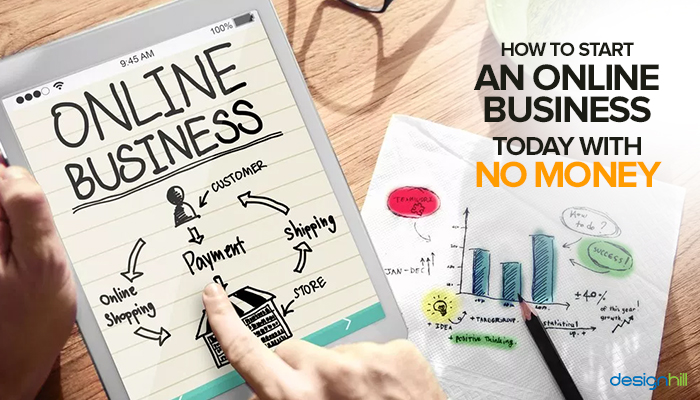Can You Start Up A Business With No Money

The dream of entrepreneurship often seems tethered to a substantial financial investment. But the reality, for many aspiring business owners, is that starting from scratch with little to no capital is not only possible, but increasingly common.
This article explores the viability of launching a business without significant funds, delving into the strategies, resources, and mindset required to succeed, and examines the potential pitfalls and rewards of bootstrapping a venture in today's competitive landscape.
Bootstrapping: The Art of Self-Funding
Bootstrapping, the practice of starting a business with minimal personal funds, is a cornerstone of zero-capital entrepreneurship. It demands resourcefulness, creativity, and a willingness to defer gratification.
Instead of relying on bank loans or venture capital, bootstrappers leverage their existing skills, networks, and assets. This often involves side hustles, bartering services, and reinvesting profits into the business’s growth.
Leveraging Free Resources
The internet has democratized access to business tools and resources, leveling the playing field for entrepreneurs with limited funds. Free website builders, social media marketing platforms, and open-source software are readily available.
Organizations like the Small Business Administration (SBA) offer free online courses, mentorship programs, and business plan templates. These resources provide invaluable guidance to navigate the complexities of launching a new venture.
The Power of Networking
Building a strong network is crucial when starting a business with no money. Connecting with potential customers, mentors, and collaborators can open doors to new opportunities and partnerships.
Attending industry events, joining online communities, and participating in local business groups can significantly expand your reach. Networking isn't just about collecting contacts; it’s about building genuine relationships.
Service-Based Businesses: A Low-Cost Entry Point
Service-based businesses are often ideal for entrepreneurs with limited capital. These businesses typically require minimal upfront investment, focusing instead on the owner’s skills and expertise.
Examples include freelance writing, web design, social media management, and virtual assistant services. These ventures can be launched from home with a computer and an internet connection.
According to a report by Statista, the gig economy is projected to continue growing, providing ample opportunities for service-based entrepreneurs.
E-commerce and Dropshipping
E-commerce, particularly dropshipping, allows individuals to start an online retail business without investing in inventory. Products are sourced from a third-party supplier who ships directly to the customer.
Platforms like Shopify and Etsy provide user-friendly interfaces for creating online stores. While marketing costs can be a barrier, organic social media marketing and content creation can mitigate these expenses.
Challenges and Considerations
Starting a business with no money is not without its challenges. Bootstrapped entrepreneurs often face long hours, financial insecurity, and the constant pressure to generate revenue.
Cash flow management is critical. Careful budgeting and meticulous tracking of expenses are essential to avoid running out of funds.
Maintaining a healthy work-life balance can also be difficult. It is crucial to prioritize self-care and avoid burnout.
"The key to bootstrapping is relentless focus and unwavering determination," says Sarah Chen, a serial entrepreneur who started her first business with only $500. "You have to be willing to wear many hats and do whatever it takes to make your vision a reality."
The Rise of the Micro-Entrepreneur
The internet has empowered individuals to become micro-entrepreneurs, building small, highly focused businesses that cater to niche markets. These ventures are often characterized by low overhead costs and high profit margins.
Content creation, affiliate marketing, and online courses are popular examples. Micro-entrepreneurs leverage their expertise and passion to create valuable products and services for a targeted audience.
The success of these ventures hinges on building a strong online presence and cultivating a loyal customer base.
Conclusion
Starting a business with no money is undoubtedly challenging, but it is also achievable. By embracing bootstrapping principles, leveraging free resources, and focusing on service-based or e-commerce models, aspiring entrepreneurs can turn their dreams into reality.
Success requires unwavering dedication, relentless resourcefulness, and a willingness to adapt to the ever-changing business landscape. The journey may be arduous, but the rewards of building a successful business from the ground up can be immeasurable.


















